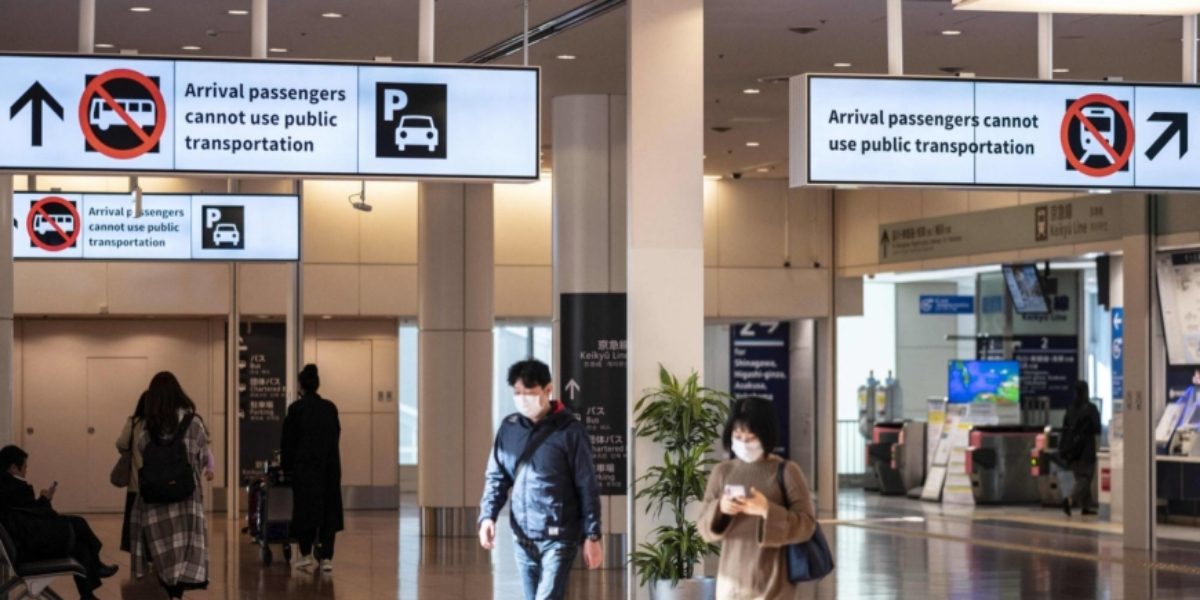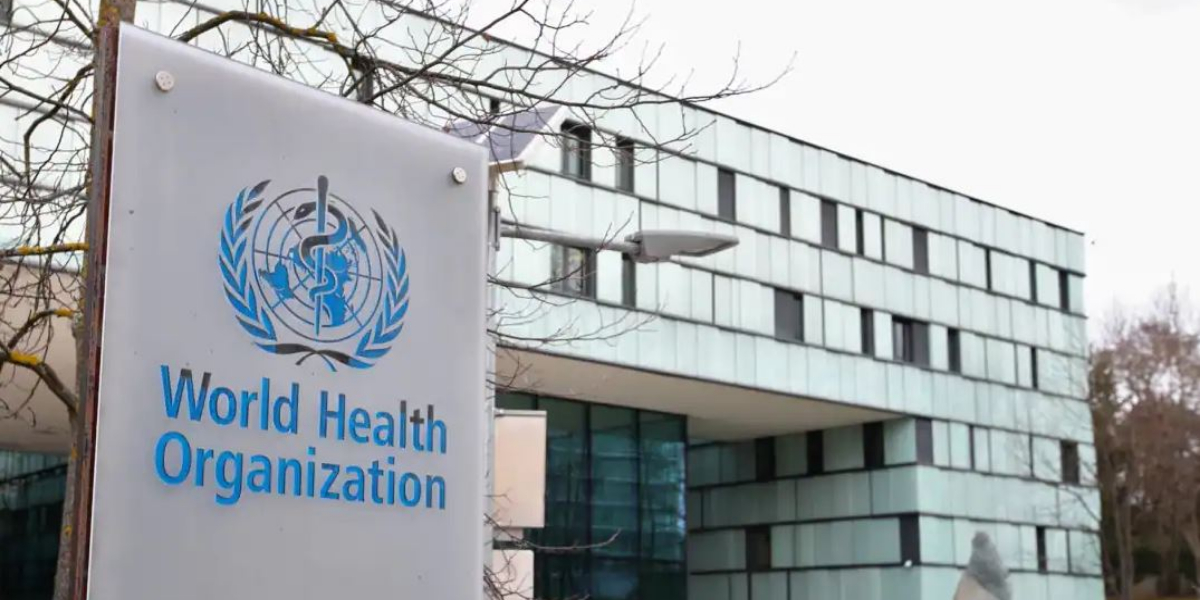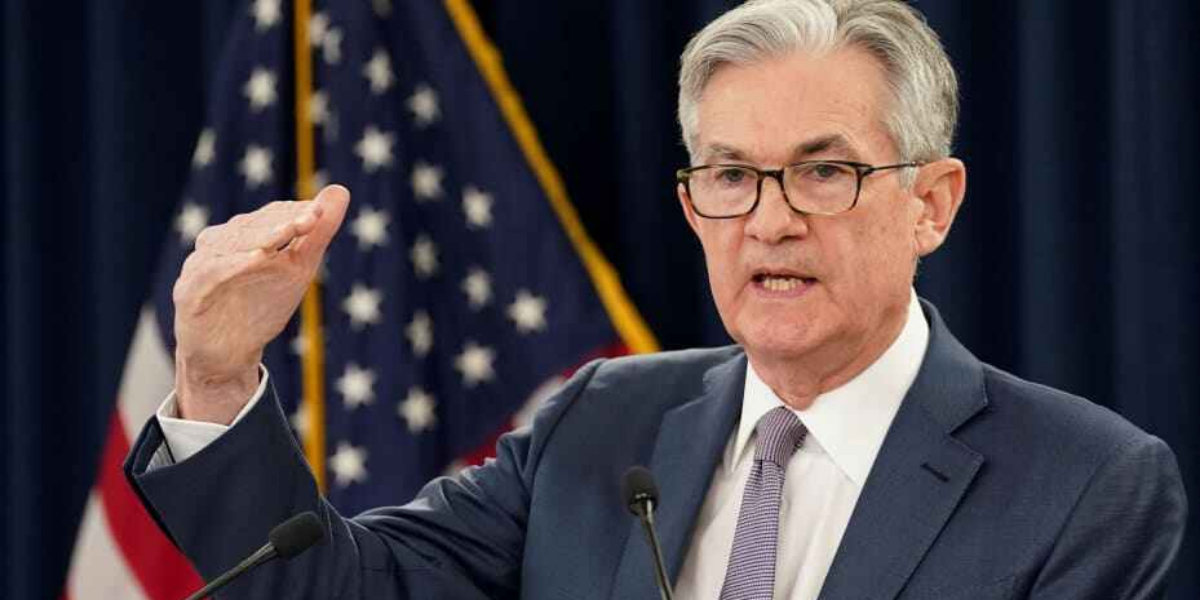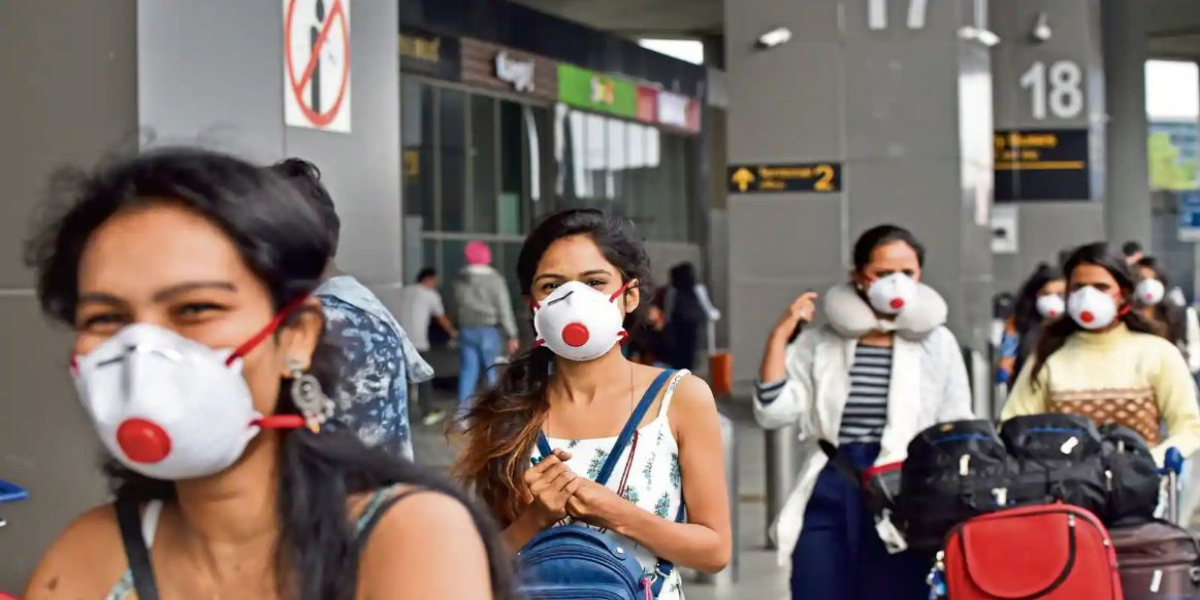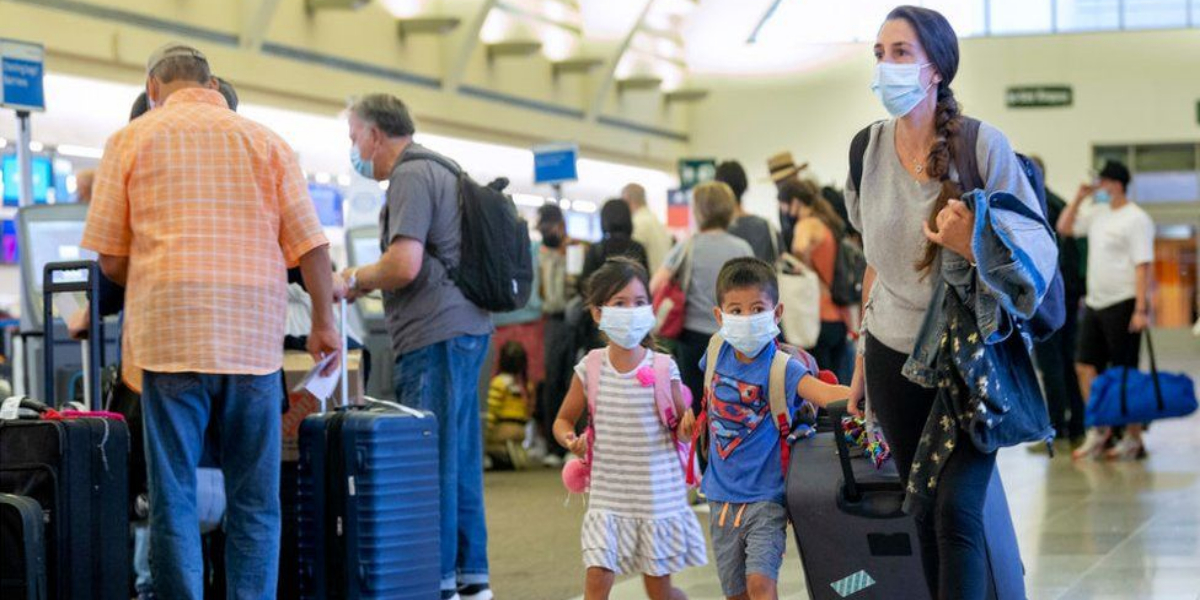Japan on Tuesday confirmed its first case of the Omicron coronavirus variant, a day after authorities announced new Covid border restrictions.
“Regarding the traveller arriving from Namibia, it was confirmed to be a case of Omicron after analysis at the National Institute of Infectious Diseases,” government spokesman Hirokazu Matsuno told reporters.
“This is the first Omicron case confirmed in Japan,” he said, adding that the infected traveller, a man in his 30s, is now in isolation at a medical facility.
The case was flagged during routine testing at an airport. Japan requires all arrivals to be tested before travelling to the country and when they land.
The announcement came a day after Japan tightened its border rules again, barring all new foreign arrivals just weeks after relaxing tough regulations to allow some students and business travellers entry.
The new rules mean only Japanese citizens and existing foreign residents can enter the country, with few exemptions, and those coming from areas with known Omicron cases require hotel quarantines ranging from three to 10 days.
Japan has recorded just over 18,300 coronavirus deaths during the pandemic while avoiding tough lockdowns.
After a slow start, its vaccination programme picked up speed and nearly 77 percent of the population is fully vaccinated.

